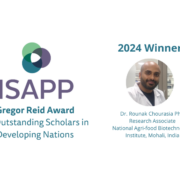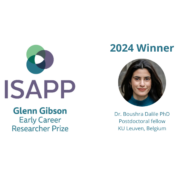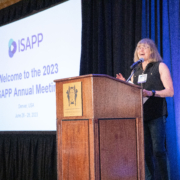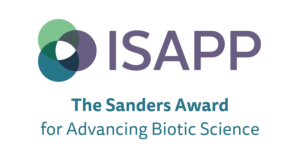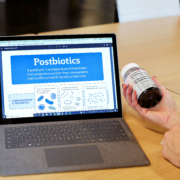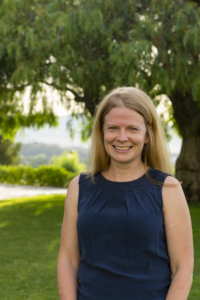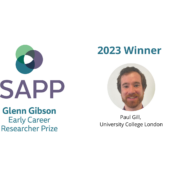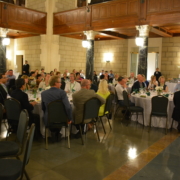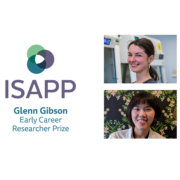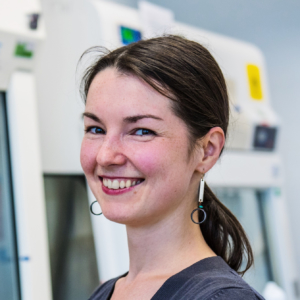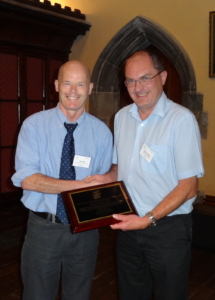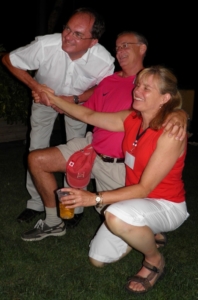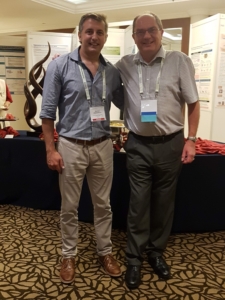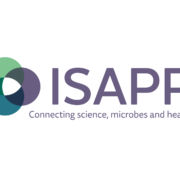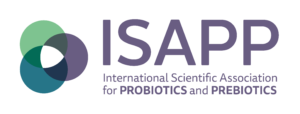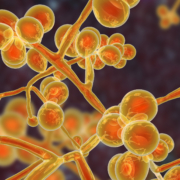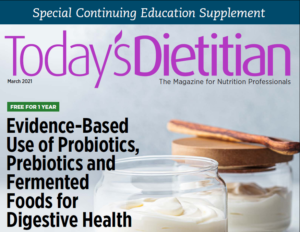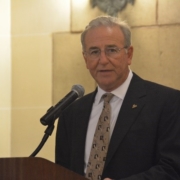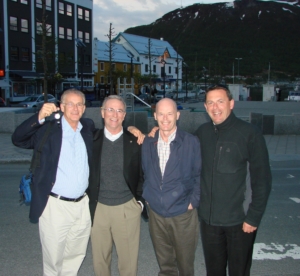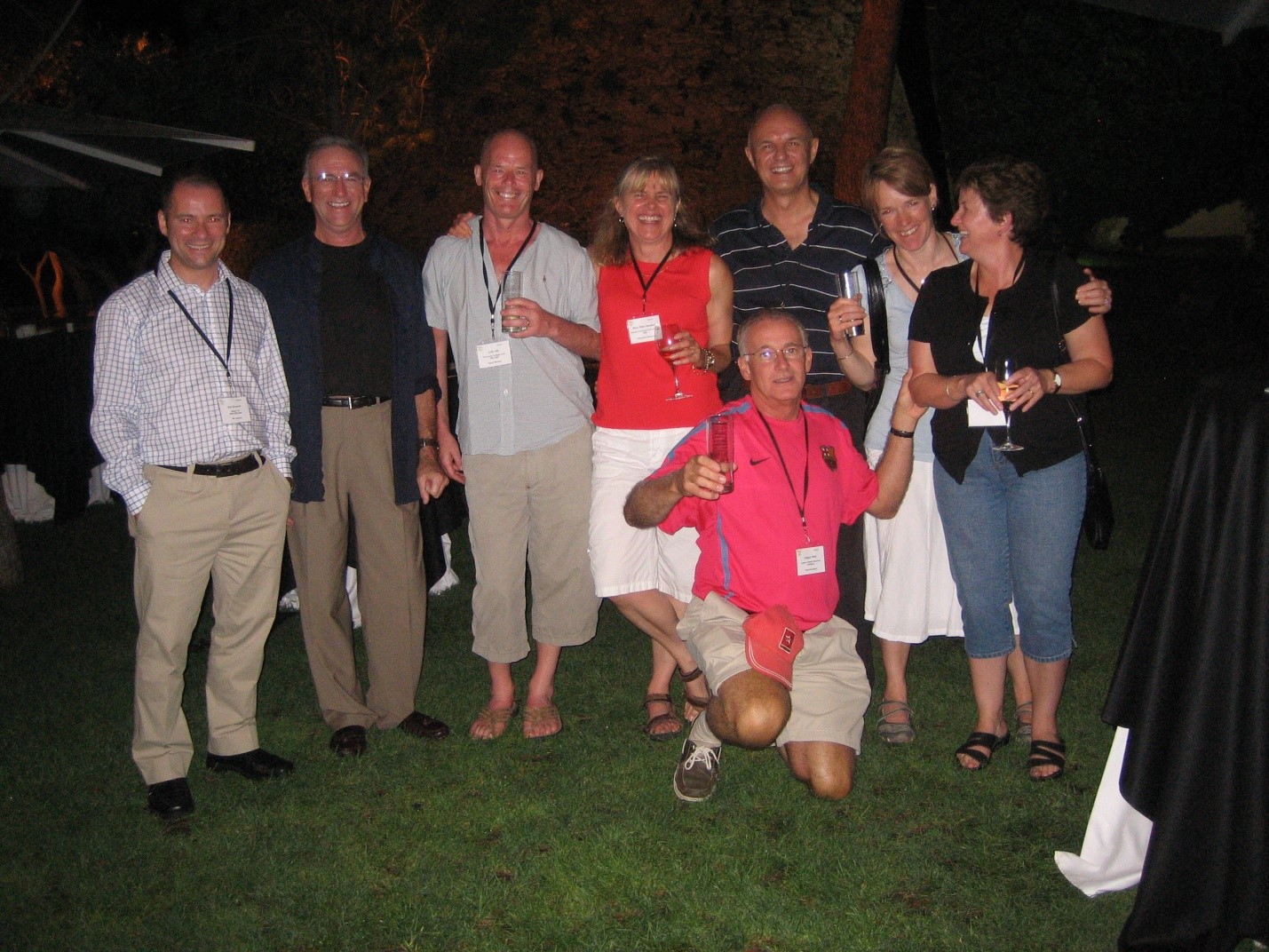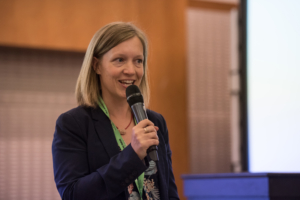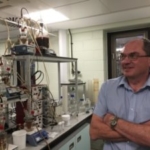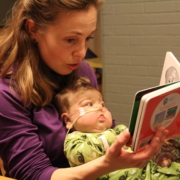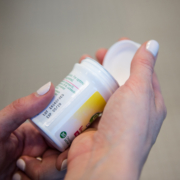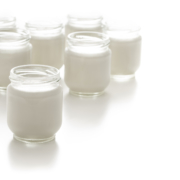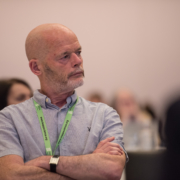By Silvia Bañares, PhD in commercial law, attorney Barcelona Bar Association, Spain; and Miguel Gueimonde, Departamento de Microbiología y Bioquímica de Productos Lácteos, IPLA-CSIC, Villaviciosa, Asturias, Spain.
The word ‘probiotic’ has been absent from food products in most countries in Europe for years. Authorities there concluded that the word is an implied health claim, which is a reasonable position based on the probiotic definition: live microorganisms that, when administered in adequate amounts, confer a health benefit on the host. The argument proceeds: since there are no health claims approved for probiotics by the European Union, the word is not allowed on food labels. However, the logic fails since in 2010 ESFA actually did approve a health claim for probiotics – although they didn’t use the term ‘probiotic’. This claim was for yogurt cultures improving lactose digestion. But nonetheless, restrictions on using the word ‘probiotic’ have endured.
Recently, akin to positions taken by Italy (here and here) and ostensibly the Czech Republic (as stated here), Spanish authorities have determined that the term ‘probiotic’ may be used.
In October 2020 the Spanish Health Authority (AESAN) delivered a new decision related to the use of the term “probiotic” in foodstuffs. According to it:
“until a uniform criterion is generated on the part of the Member States of the European Union, it is considered that it could be accepted that the term probiotic/s on the label of foodstuffs, both of national manufacturing as well as from other countries of the European Union. In all cases, these products must meet the safety requirements. However, it should be noted that the use of this term cannot be accompanied by any health claim, unless expressly authorized under the Regulation of the European Union -Regulation EC 1924/2006–” [1], [2]
This new decision completely differs from the previous one (February 2020), which forbade the use of “probiotic/s” term in food products. Surprisingly, both documents are extremely similar in their reasoning.
However, the new Guidance contains some points that might be relevant for the future:
- First, there is a clear statement related to the EU Commission Guidance of 2007 [3]; such Guidance had always been invoked as the rationale in order to forbid the term probiotic in foodstuffs, since according to it, the reference to “probiotic/s implies a health benefit”[4]. But the AESAN communication points out for first time that such Guidance is not binding since it has no legal force.
- Secondly it recognizes the lack of harmonization at the EU level regarding the “probiotic” term:
“From the discussions that have been held within the European Commission’s group of experts on nutritional and health claims, it is found that there are different interpretations by State Members regarding the use of the term “probiotic”, which, in turn, implies a non-harmonized situation in the European Union market”[5].
- Third, there is a clear reference to mutual recognition principle; that is to say, any product legally marketed and sold in any EU country might be, in its turn, marketed in any other European Union Member State. For instance, any foodstuff labelled as “probiotic” in Italy might be legally sold in Spain as far as it fulfils the aforementioned criterion in its country of origin. The AESAN communication recognized such fact, pointing out that:
“In this sense, infant formulas and follow-on formulas are marketed which, as a voluntary added ingredient, contain different live microorganisms. The presence of these live microorganisms is indicated on the product label in the ingredient list. In the field of food supplements, it has been found that there are a large number of food supplements on the market, which include the term “probiotic/s”. These products come from different EU countries, where they are allowed to be marketed under this name and, therefore, they could not be prevented from being marketed in Spain, in application of the “principle of mutual recognition” established in the European Union Treaty”[6].
This statement is clearly aligned with Regulation EU 2019/515 [7] (related to mutual recognition principle) and a recent Commission Regulation (Implementing Regulation 2020/1668), which develops the previous one [8]. According to these dispositions, any competent authority suspending market access should notify the legitimate public interest grounds for such suspension. Therefore, Spain would find quite difficult to reject a foodstuff labelled as “probiotic” in another EU country when it is legally sold as such. Hence, it can be said that Spain has adopted a pioneering initiative that maybe could be followed by other EU Member States.
Italy and the Czech Republic have allowed use of the term ‘probiotic’ on foods – perhaps simply because they considered it to be the right thing to do – but they did not make the convincing legal argument made by Spanish authorities. The rationale presented by Spain could likely be easily adopted by other EU countries as well. Perhaps the Spanish initiative will motivate the EU Commission and EFSA to reach a consensus about this word.
Two decades ago, with a rapidly growing list of probiotic-containing products reaching the market worldwide, there was increasing concern by consumers about how to distinguish among the different probiotic strains available and how to know which products have evidence for different health benefits. This, together with the interest of scientist and industry for clear rules and fair competence, prompted the EU Commission to regulate the area and the Regulation EC n° 1924/2006 on nutrition and health claims made on foods was developed. In its preamble this Regulation states, “to ensure a high level of protection for consumers and to facilitate their choice, products put on the market must be safe and adequately labelled” and recognises that “general principles applicable to all claims made on foods should be established in order to ensure a high level of consumer protection, give the consumer the necessary information to make choices in full knowledge of the facts, as well as creating equal conditions of competition for the food”. Therefore, consumer protection and facilitating informed purchase choices was in the forefront of the Regulation, in an attempt to satisfy the concerns and demands that consumers had leveraged.
Subsequent interpretation of the Regulation EC n° 1924/2006 led to the conclusion that the term “probiotic” was a health claim and, as a consequence, should not be used in product labelling. Different countries, such as Italy or the Czech Republic, reacted to this by developing national regulations allowing the probiotic food labelling. Now Spain, on the basis of mutual recognition principle, accepts its use as well.
However, this new situation makes relevant again the challenges that consumers had identified two decades ago: how to differentiate among the different available probiotic products and make an informed, purposeful purchase. This unsolved issue should now be addressed. In this context, we advocate for the development of easy-to-use guidelines targeted to regular consumers, not to clinicians or scientists, to provide consumers with the necessary tools to make their choice.
Related article: Spanish agency approves use of term ‘probiotic’ on food and supplements
References:
[1] https://www.aesan.gob.es/AECOSAN/web/seguridad_alimentaria/subdetalle/probioticos.htm
[2] Translation by the authors
[3] https://ec.europa.eu/food/sites/food/files/safety/docs/labelling_nutrition_claim_reg-2006-124_guidance_en.pdf
[4] Guidance on the implementation of Regulation n° 1924/2006 on nutrition and health claims made on foods conclusions of the Standing Committee on the Food Chain and Animal Health /14/12/2007
[5] Translation by the authors
[6] Translation by the authors
[7] Commission Implementing Regulation (EU) 2020/1668 of 10 November 2020 specifying the details and functionalities of the information and communication system to be used for the purposes of Regulation (EU) 2019/515 of the European Parliament and of the Council on the mutual recognition of goods lawfully marketed in another Member State.
[8] Regulation (EU) 2019/515 of the European Parliament and of the Council of 19 march 2019 on the mutual recognition of goods lawfully marketed in another Member State and repealing regulation (EC) nº 764/2008

